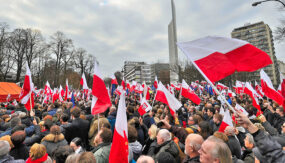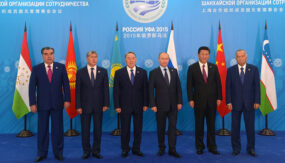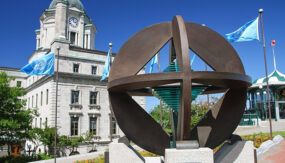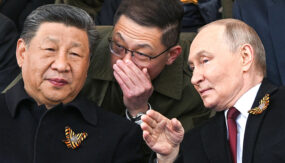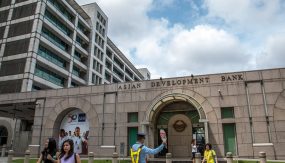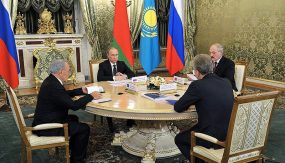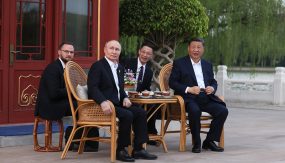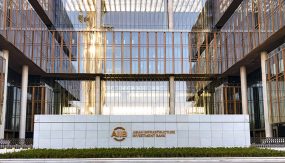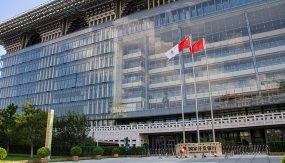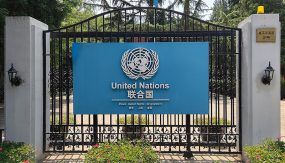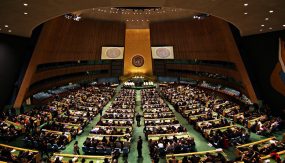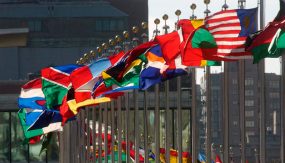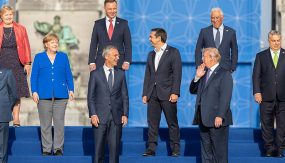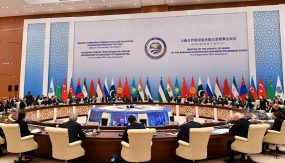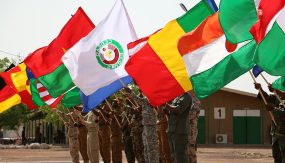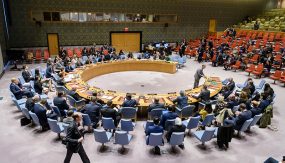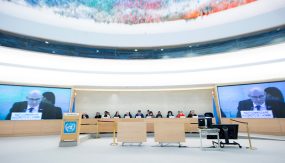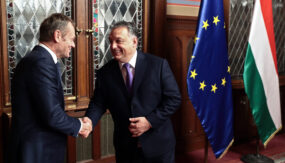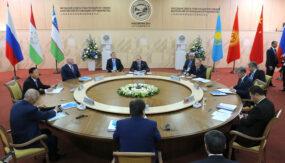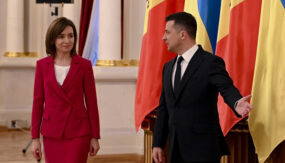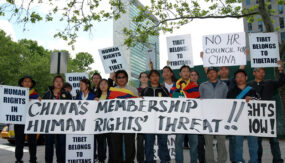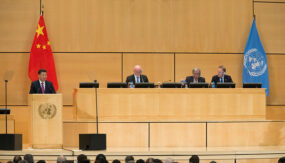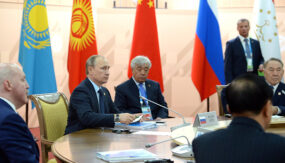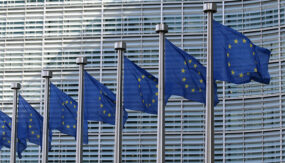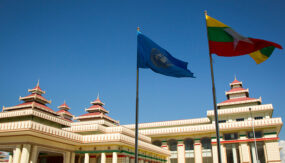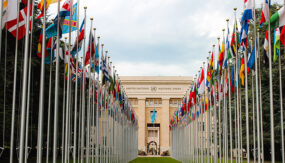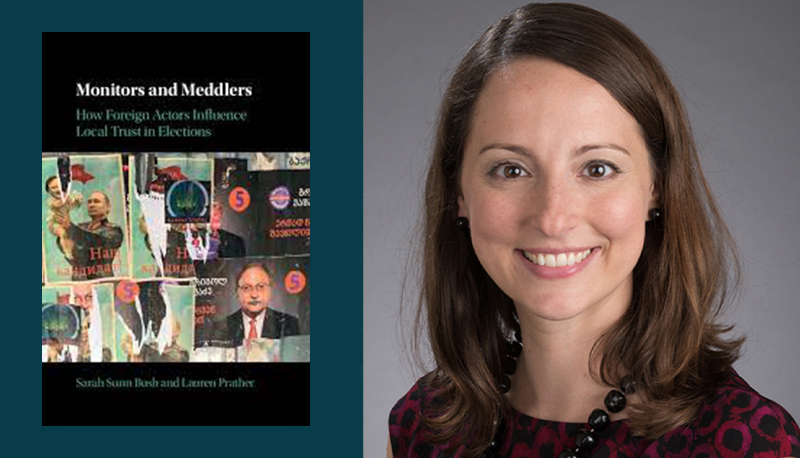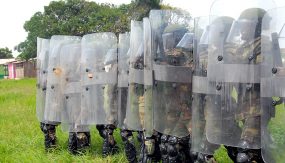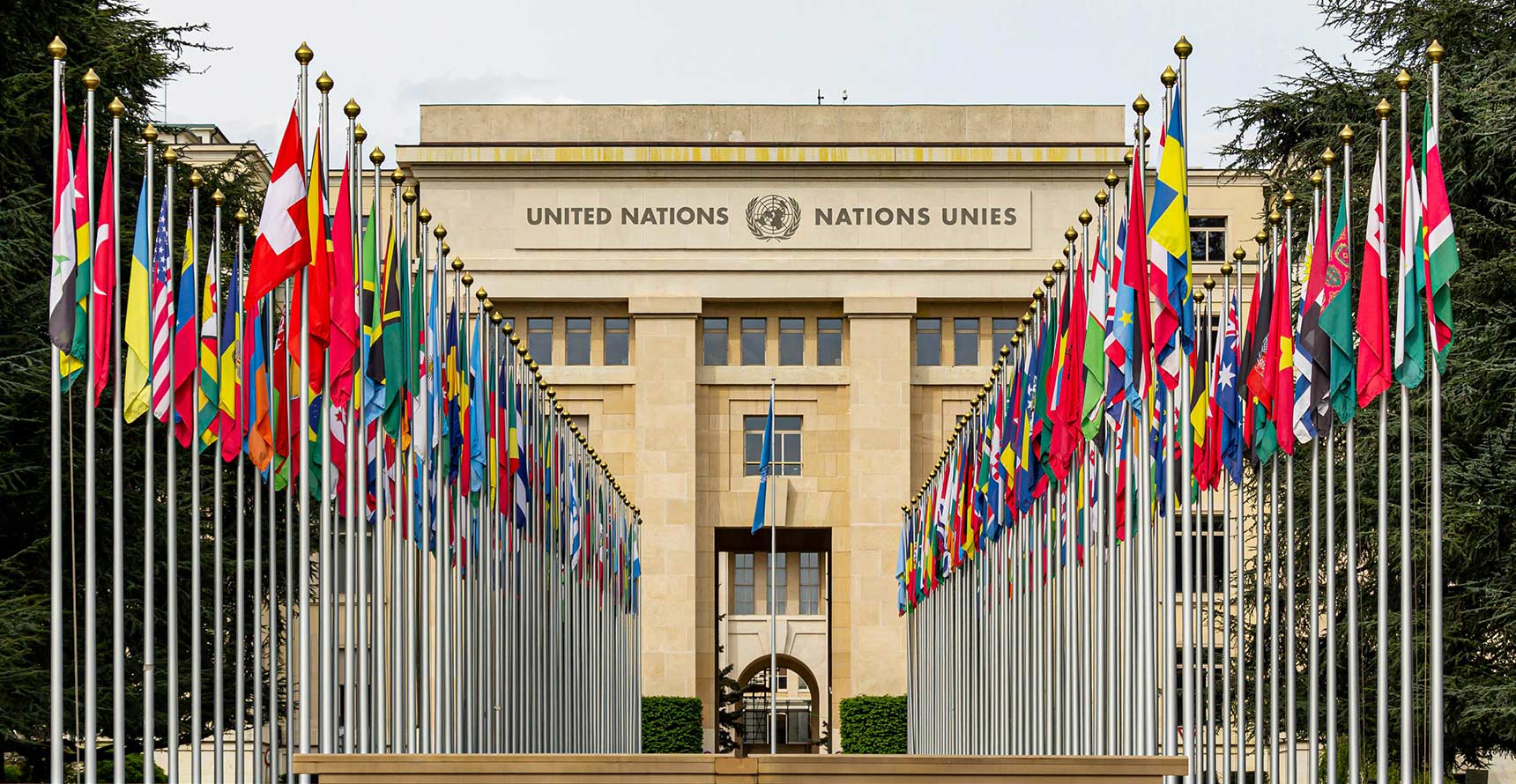
Stabilizing Authoritarian Rule: The Role of International Institutions
This project investigates the rise of authoritarian international organizations: regional institutions whose members are—on average—authoritarian. Aside from the Warsaw Pact, during the Cold War most of these authoritarian regional international organizations were formed by developing countries, typically to pursue economic objectives. In recent years, however, there have been two important developments. The first is the rise of regional organizations anchored by the two authoritarian great powers, Russia and China. The second is a deepening of political and security cooperation among developing countries in high-conflict regions, including particularly Africa and the Middle East, the latter led in particular by the Gulf monarchies. Prior to its current collapse, Venezuela led such an effort in Latin America as well.
This project catalogues these organizations, tracks their rising influence, and studies their activities and impact. Our researchers show that authoritarian organizations play an increasing role as aid donors, election monitors, and even as partners to the West in counterterrorism and peacekeeping. Yet, they pursue objectives that are often at odds with U.S. foreign policy goals. Authoritarian regional organizations are locking in great power influence, blunting the prospects for more democratic rule, and influencing the course of economic policy in ways that challenge an open world economy.
Key Facts
Principle Investigators: Stephan Haggard
Related Researchers: Christina Cottiero, Christina Schneider, Emilie M. Hafner-Burton
Project Dates: January 2021 - August 2025
Research Themes: Future of Democracy, Illiberal Regimes and Global Governance
Funders: Smith Richardson Foundation
Related Work
Poland Shows that Restoring Democracy Takes More than an Election
Christophe Hillion, Tommaso Pavone, and Antoinette Scherz
Blog / September 02, 2025
Here We Go Again: The U.S. Withdrawal from UNESCO
Christina Cottiero and Stephan Haggard
Blog / August 06, 2025
Five Questions on the Authoritarian Resurgence in World Politics
Alexander Cooley and Alexander Dukalskis
Blog / June 25, 2025
The Defense of Judicial Independence: A Global Imperative
Mónica Castillejos-Aragón
Essay / June 04, 2025
In the West, Rival Networks are Contesting the Meaning of Liberalism
Clifford Bob
Essay / May 08, 2025
International Financial Institutions and the Promotion of Autocratic Resilience
Christina Cottiero and Christina Schneider
Working Paper / April 17, 2025
Five Questions on Russian-Led Regional Integration and the Eurasian Economic Union
Alexander Libman
Blog / March 14, 2025
How Global Graft Networks and Media Warfare Sustain Autocracy
Stephan Haggard
Blog / January 23, 2025
Democracy, Autocracy, and the Design of International Organizations
Jonas Tallberg and Carl Vikberg
Working Paper / January 10, 2025
In-Group Punishment in International Relations: U.S. Reactions to the Founding of China’s AIIB
Jing Qian, James Vreeland, and Jianzhi Zhao
Working Paper / October 28, 2024
Five Questions on Chinese Development Finance and the Foreign Aid Regime
Muyang Chen
Blog / October 11, 2024
Be My Friendly Reviewers: How China Shapes its UN Human Rights Reviews
Lucie Lu
Working Paper / September 17, 2024
Illiberalism Threatens the Future of Global Governance
Emilie M. Hafner-Burton and Christina Schneider
Blog / September 05, 2024
IGCC Series on Global Governance Featured in Review of International Organizations
Paddy Ryan
News / August 23, 2024
Illiberal Regimes and International Organizations
Christina Cottiero, Emilie M. Hafner-Burton, et al
Working Paper / June 24, 2024
Zombies Ahead: Explaining the Rise of Low-Quality Election Monitoring
Sarah Bush, Christina Cottiero, and Lauren Prather
Working Paper / May 31, 2024
Democracies and Autocracies are Contesting the Future of Multilateralism
Stephan Haggard and Paddy Ryan
Blog / April 04, 2024
Populists are Attacking Science to Undermine Global Governance
Allison Carnegie, Richard Clark, and Noah Zucker
Blog / February 26, 2024
Global Governance under Populism: The Challenge of Information Suppression
Allison Carnegie, Richard Clark, and Noah Zucker
Working Paper / February 14, 2024
Enforcing the Rule of Law in the EU: Effects on Public Opinion
Øyvind Stiansen, Daniel Naurin, Asimina Michailidou, and Adriana Riganova
Working Paper / November 28, 2023
The Third Wave of Autocratization and International Organization Membership
Maria J. Debre and Thomas Sommerer
Working Paper / November 17, 2023
Defending the Global Human Rights System From Authoritarian Assault
Rana Siu Inboden
Report / September 26, 2023
Five Questions on Countering Authoritarian Influence in the UN Human Rights System
Rana Siu Inboden
Blog / September 26, 2023
Competing Verdicts: Multiple Election Monitors and Post-Election Contention
Kelly Morrison, Burcu Savun, et al.
Working Paper / August 23, 2023
The International Liberal Foundations of Democratic Backsliding
Emilie M. Hafner-Burton and Christina Schneider
Working Paper / July 12, 2023
Enlightened Dictators? Good Governance In Autocratic International Organizations
Emilie Hafner-Burton, Jon Pevehouse, and Christina Schneider
Working Paper / July 03, 2023
Russia and the Moldovan Crisis: Blunting Democracy in the Near Abroad
Galina Isayeva
Blog / April 20, 2023
Russia’s Global Anti-Nazism Campaign: Seeking Support in International Organizations
Alexander Baturo
Working Paper / April 14, 2023
The Authoritarian Trojan Horse Threatening Liberal International Organizations
Anna M. Meyerrose and Irfan Nooruddin
Working Paper / August 17, 2022
Undermining Liberal International Organizations from Within
Jana Lipps and Marc S. Jacob
Working Paper / August 17, 2022
A Fox in the Henhouse: China and the United Nations Human Rights Council
Alexander Dukalskis
Working Paper / August 17, 2022
Stabilizing Authoritarian Rule: The Role of International Organizations
Christina Cottiero and Stephan Haggard
Working Paper / July 27, 2022
Democratic Backsliding and Decision-Making in the European Union: Eurosceptic Contestation?
Thomas Winzen
Working Paper / July 27, 2022
Contesting the Anti-Coup Norm: ASEAN Responds to the 2021 Myanmar Coup
Anna Plunkett and Oisín Tansey
Working Paper / July 08, 2022
Cyber Sovereignty: How China Is Changing the Rules of Internet Freedom
Rachel Ann Hulvey
Working Paper / June 17, 2022
International Clientelistic Networks and International Fora: The Case of Venezuela
Thales Carvalho and Dawisson Belém Lopes
Working Paper / June 15, 2022
Book Talk: Elections Are Under Threat–How Can We Protect Them?
Lauren Prather
Talking Policy Podcast / September 28, 2021
Turning the Tools of the Liberal International Order Upside Down
Christina Cottiero
Talking Policy Podcast / September 07, 2021
The Rise of Authoritarian Regional International Organizations
Stephan Haggard and Christina Cottiero
Working Paper / August 12, 2021
Not Free or Credible: Why Regional Election Observers Failed Chad and Benin
Christina Cottiero
Blog / April 22, 2021
Book Talk: Why Is Democratic Backsliding on the Rise?
Stephan Haggard
Talking Policy Podcast / March 11, 2021
